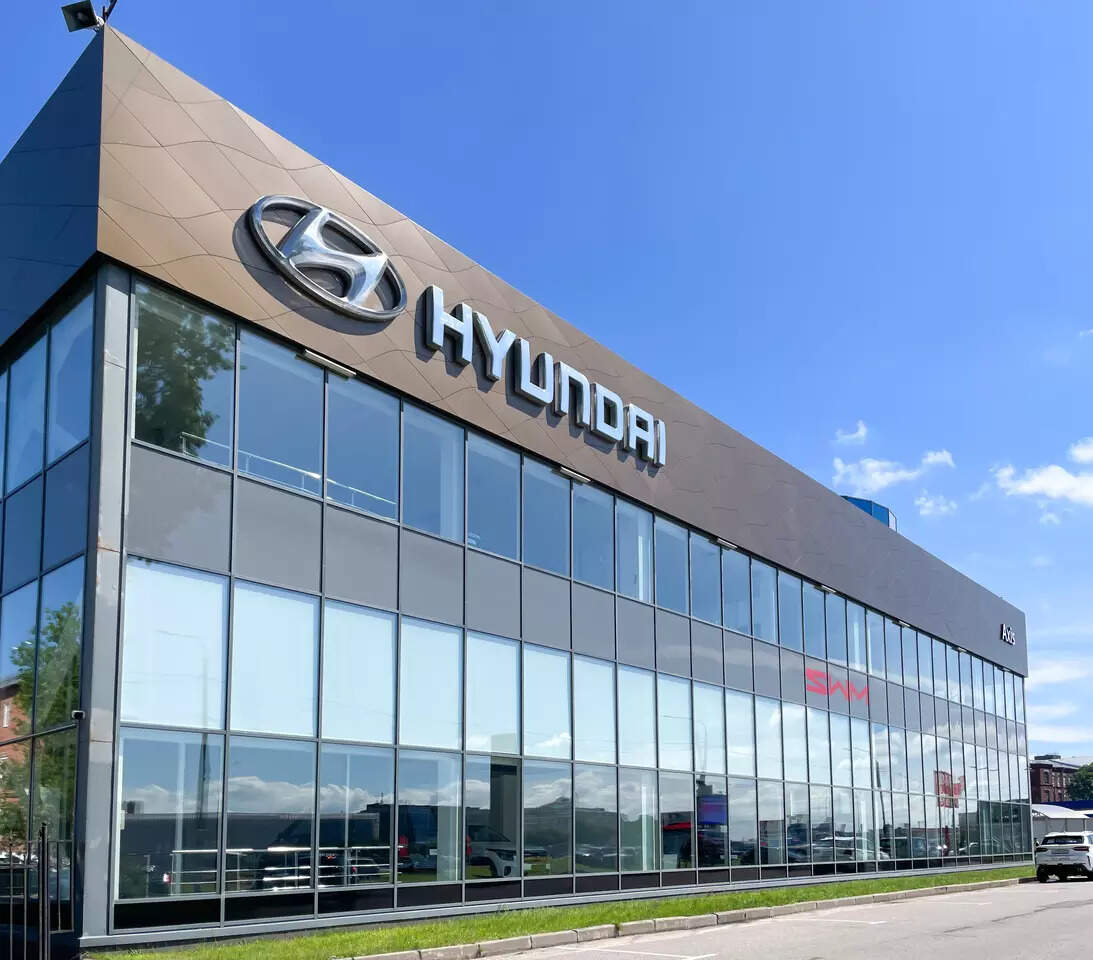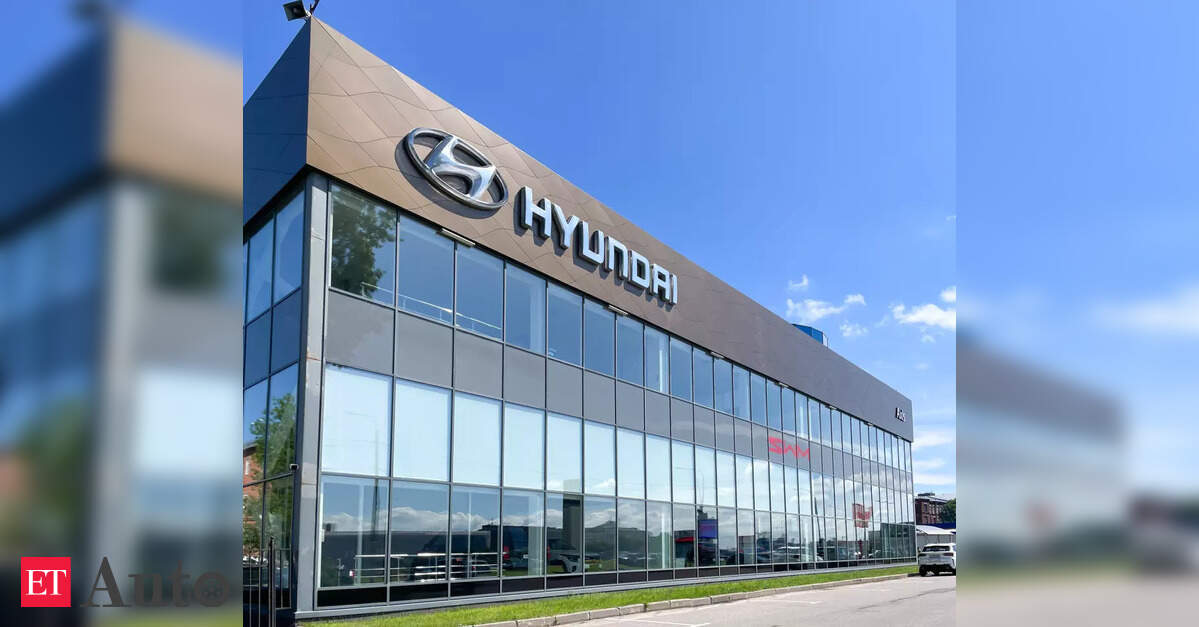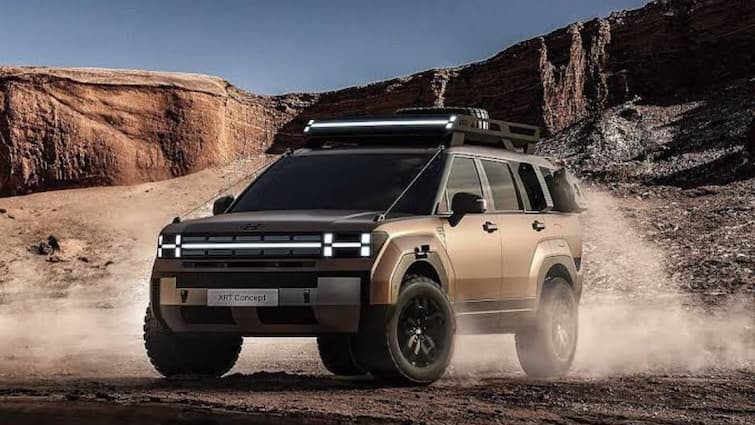 Hyundai India is also planning its first localised EV SUV.
Hyundai India is also planning its first localised EV SUV.Hyundai India on Wednesday charted out an ambitious roadmap for the next five years to cater to the Indian automotive market with 26 planned launches, 18 new nameplates, and strategic forays into emerging segments such as multi-purpose vehicles (MPVs) and off-road SUVs. To support its robust expansion plans, the company plans to infuse ₹45,000 crore in capital into the Indian market.
In its first Indian investors meeting, the South Korean auto major shared its strategic plans to regain its market share. The company’s 26 launches include derivatives and facelifts. Currently offering 14 nameplates, the company aims to produce 18 by 2030. Moreover, Hyundai’s luxury brand Genesis will also make its entry into India by 2027.
Hyundai aims to strengthen its presence in the SUV and MPV segments with models like Creta and Exter. These segments are targeted to contribute 82 per cent of total sales, while sedans and hatchbacks combined will account for the rest.
“We have ambitious plans for India,” said Unsoo Kim, MD, Hyundai India Motor Limited, during the investor meet.
Boosting manufacturing capacity
Seven new nameplates, six new derivatives, and seven facelifts or product enhancements are in the pipeline by 2030. The Venue 2025 is slated for launch post Diwali this year.
Hyundai will also expand its manufacturing capacity by adding 2.5 lakh units at its Pune facility by 2028, equipped with automation and robotics. India is set to become Hyundai’s export hub, with 30 per cent of production planned for exports by 2030.
Deep localisation push
The South Korean giant is also planning its first localised EV SUV. “This deep dive localisation strategy isn’t just good for business; it is our commitment to building a sustainable, self-reliant automotive ecosystem in India,” said José Muñoz, President and CEO, Hyundai Motor Company.
By 2030, the combined portfolio will feature eight hybrid models, 13 new ICE vehicles, six CNG variants, and five electric vehicles. To strengthen public charging infrastructure, the company plans to install over 600 charging points in the coming years, aiming for eco-friendly vehicle sales to contribute half of its total sales and achieve a 15 per cent total market share.



